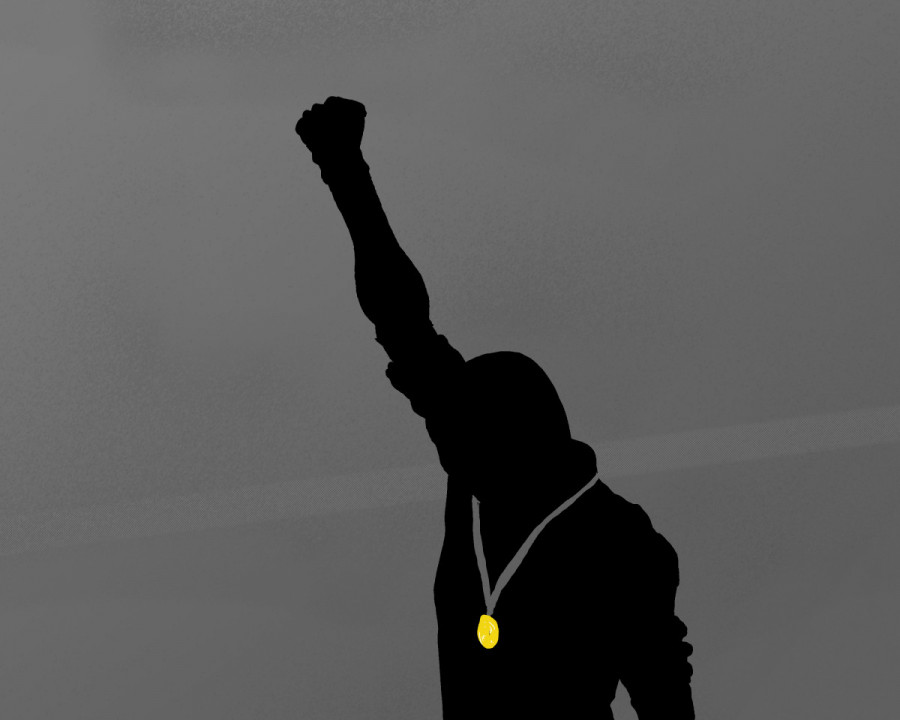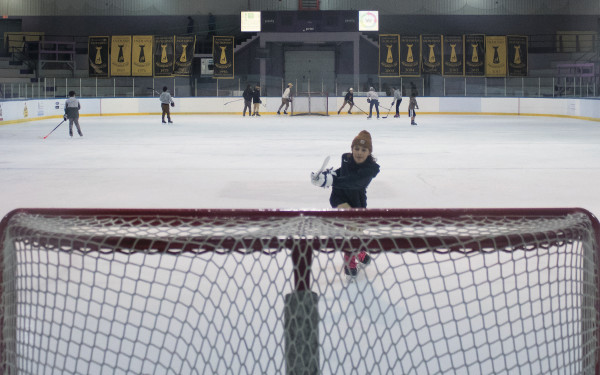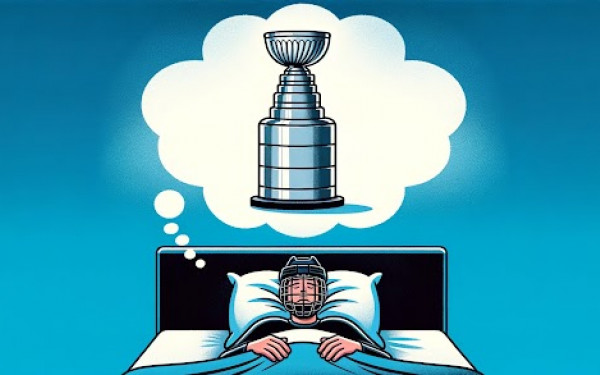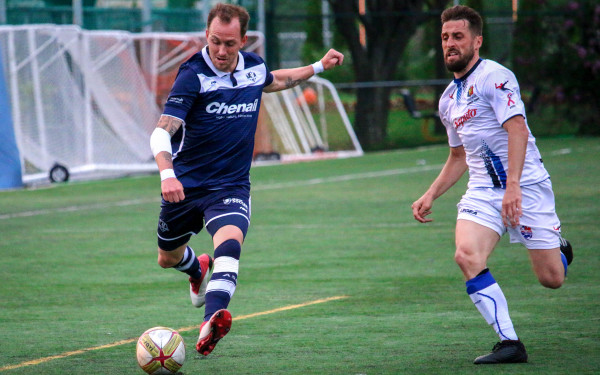Shut Up and Dribble: The Sports World Should Be a Leader in the Charge for Change
Why Our Favorite Teams, Athletes and Leagues Aren’t Doing Enough
Some of The Link’s sports staff give their opinions on pro sports’ involvement in the Black Lives Matter movement, reignited by the recent killings of Ahmaud Arbery, Breonna Taylor, and George Floyd.
Oseremen Irete, Staff Writer
On the English Premier League’s failure to diversify administrative positions
The English Premier League announced before its restart on June 17 that player names on jerseys would be replaced with “Black Lives Matter” to show support for the movement in the wake of the murder of George Floyd.
However, the league also announced it would not be instituting its own version of the NFL’s “Rooney Rule,” which would require at least one BAME—Black, Asian, Minority Ethnic—candidate be interviewed for every coaching vacancy.
The rule would have been in place to address the underrepresentation of Black people and other minorities in coaching and leadership positions despite their large presence and involvement in soccer.
Support does not just mean messages and solidarity but also showing a commitment to addressing inequalities. The jerseys are a big gesture, but the league does not deserve much credit for that. The tribute was recommended by a group made up of Premier League Captains and Professional Football Association representatives and my cynical view is that it is moreso meant to circumvent the rule that prevents players from showing messages, political or otherwise, underneath their jerseys.
This is not to say replacing the jersey names are meaningless. Soccer inspires huge fanatic followings and has the power to serve as a catalyst for change. Symbolic shows of support like this are important but for them to really hold weight, they need to be paired with material changes that address the inequalities present within the sport itself.
Caroline Marsh, Photographer/Staff Writer
On the NHL’s superficial show of solidarity with the Black Lives Matter movement
In the aftermath of George Floyd’s murder, all NHL teams, including Seattle, released statements that claimed to address what happened, along with expressing their support of diversity and inclusion in hockey. These statements were generic and as non-divisive as possible.
It was clear they were attempting to appease Black Lives Matter supporters without angering the white majority of their fan base. Most of their statements didn’t even mention George Floyd, let alone discuss the root issues of systemic racism and police brutality.
This sort of performative activism allows the ignorant to give themselves and their team a pat on the back for not actively being racist. Luckily for viewers, the teams don’t go so far as to denounce police violence, so they can still enjoy the warm and fuzzy feelings from supporting those who “protect and serve.”
In their statements, not one of the NHL teams clearly stated what they planned to do, besides clichéd claims of facilitating conversations and making change. If the NHL teams truly cared about these issues, there is so much they could do. At the bare minimum, they should donate to Black Lives Matter or a similar organization—they certainly have the money to do so.
Beyond that, they could commit to sponsoring youth hockey teams that focus on diversifying the sport. The only team that has done anything at all is Seattle, a team that doesn’t even really exist yet, who put together resources on their website. The statements the NHL teams put out are the PR equivalent of the black square on Instagram—surface level at best and exploitative of the Black Lives Matter movement at worst.
Olivier Neven, Sports Editor
On Drew Brees’ failure to see beyond his privilege
After the death of George Floyd at the hands of Minneapolis police officers, and throughout the ensuing worldwide protests against police brutality and systemic racism, many professional athletes in North America and abroad took to social media and, in some cases, to the streets, to express their support for the Black Lives Matter movement.
Compared to the last time we saw such a response to police killings of Black Americans, when NFL quarterback Colin Kaepernick and others kneeled during the national anthem in protest of continuing injustices in 2016, the sports world’s support of the movement is overwhelmingly stronger this time around. To a big sports fan and a supporter of the Black Lives Matter movement, I have been moved by the outspokenness some star athletes have now taken on in light of the latest tragedy.
But with all the momentum being built in spreading awareness and taking action against systems that oppress Black people and minorities in the United States, it only takes one ignorant voice of significance countering the popular message to hurt the progress being made.
That voice came from New Orleans Saints quarterback Drew Brees, who in an interview with Yahoo! Finance said, “I will never agree with anybody disrespecting the flag of the United States of America or our country,” in response to a question about the possibility of players kneeling during the anthem in the coming season.
Brees, one of the most accurate quarterbacks of all time, completely missed the target on this one. His and many Americans’ fascination with the American flag and its weird and obsessive attribution to the military taints what the flag actually represents to minority communities in the country: centuries of racism, oppression, injustice, and inequality.
To Brees and others, the flag stands for the sacrifices made by veterans and active duty service men and women who serve to protect America’s “freedom.” To many, the flag represents the continued implicit negation of the very “freedom” white America is so proud of.
Brees is allowed to love his country and honor his ancestors who served in the military, but he must understand that his experience of America is very different from that of BIPOC. This is a reminder that sometimes your opinion on a certain subject does not matter because you do not belong to or identify with the community being wronged, and because you lack the knowledge, perspective and lived experience necessary to form an opinion valid for insertion. As a rich, straight white male, the only thing he should be doing is listening to those whose voice is continually suppressed, and encouraging those who share the same privilege to do their part for change.







